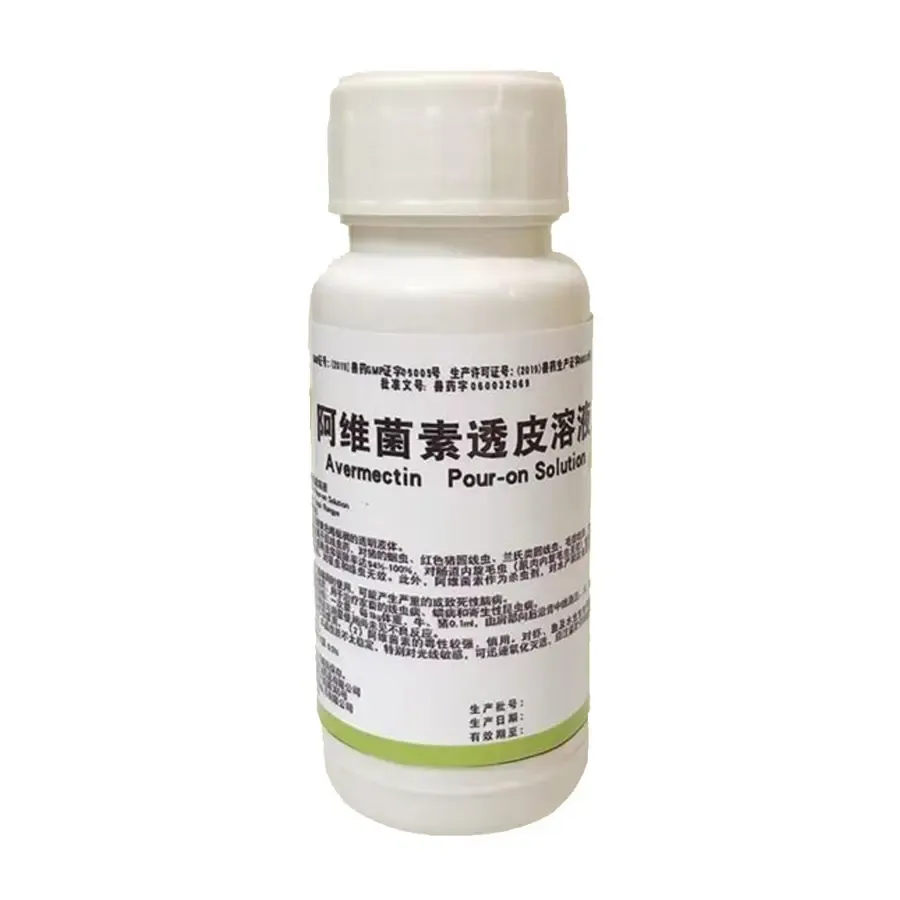- Afrikaans
- Albanian
- Amharic
- Arabic
- Armenian
- Azerbaijani
- Basque
- Belarusian
- Bengali
- Bosnian
- Bulgarian
- Catalan
- Cebuano
- Corsican
- Croatian
- Czech
- Danish
- Dutch
- English
- Esperanto
- Estonian
- Finnish
- French
- Frisian
- Galician
- Georgian
- German
- Greek
- Gujarati
- Haitian Creole
- hausa
- hawaiian
- Hebrew
- Hindi
- Miao
- Hungarian
- Icelandic
- igbo
- Indonesian
- irish
- Italian
- Japanese
- Javanese
- Kannada
- kazakh
- Khmer
- Rwandese
- Korean
- Kurdish
- Kyrgyz
- Lao
- Latin
- Latvian
- Lithuanian
- Luxembourgish
- Macedonian
- Malgashi
- Malay
- Malayalam
- Maltese
- Maori
- Marathi
- Mongolian
- Myanmar
- Nepali
- Norwegian
- Norwegian
- Occitan
- Pashto
- Persian
- Polish
- Portuguese
- Punjabi
- Romanian
- Russian
- Samoan
- Scottish Gaelic
- Serbian
- Sesotho
- Shona
- Sindhi
- Sinhala
- Slovak
- Slovenian
- Somali
- Spanish
- Sundanese
- Swahili
- Swedish
- Tagalog
- Tajik
- Tamil
- Tatar
- Telugu
- Thai
- Turkish
- Turkmen
- Ukrainian
- Urdu
- Uighur
- Uzbek
- Vietnamese
- Welsh
- Bantu
- Yiddish
- Yoruba
- Zulu
10 月 . 03, 2024 08:54 Back to list
Exploring the Use of Antibiotics in Pet Care and Their Effects on Health
Understanding Pet Antibiotics A Comprehensive Overview for Pet Owners
As pet owners, we often find ourselves facing decisions that affect the health and wellbeing of our furry companions. One of the most crucial topics of discussion in the realm of pet care is the use of antibiotics. Antibiotics can be life-saving medications, but understanding their role, usage, and potential consequences in our pets' health is vital for responsible pet ownership.
What Are Antibiotics?
Antibiotics are a class of drugs specifically designed to combat bacterial infections. They work by either killing bacteria or inhibiting their growth. While these medications are extremely effective in treating a variety of infections—ranging from skin issues to more serious conditions like pneumonia—they are not effective against viral infections such as the common cold or flu, which is a common misconception among pet owners.
When Are Antibiotics Necessary for Pets?
Veterinarians prescribe antibiotics when they diagnose a bacterial infection in pets. Common conditions that might require antibiotic treatment include urinary tract infections, certain types of pneumonia, and infections resulting from injuries or surgical procedures. It's essential for pet owners to consult with a veterinarian before administering any antibiotics, as improper use can lead to ineffective treatment and contribute to antibiotic resistance.
The Importance of Veterinary Guidance
It can be tempting for pet owners to self-diagnose their pets and seek antibiotic treatments based on symptoms observed at home. However, this can be dangerous. Antibiotics should only be given when prescribed by a veterinarian after a thorough examination. Some infections may require specific types of antibiotics or even a combination of treatments. Incorrect dosages or inappropriate drugs could not only fail to resolve the issue but could also lead to harmful side effects or complications.
pet antibiotic

Potential Side Effects of Antibiotics in Pets
While antibiotics can be incredibly beneficial, they are not without risks. Common side effects in pets may include gastrointestinal issues such as diarrhea, vomiting, and loss of appetite. Some pets might also experience allergic reactions, which could manifest as skin irritations or other symptoms. If a pet exhibits any negative side effects, it's crucial to contact a veterinarian immediately. Furthermore, prolonged use of antibiotics can disrupt a pet's gut microbiome, leading to further health issues.
The Risk of Antibiotic Resistance
One of the most pressing concerns regarding the use of antibiotics in pets is the potential for antibiotic resistance. This occurs when bacteria evolve in response to the use of antibiotics, becoming more robust and more challenging to treat. Over-prescription or misuse of antibiotics can accelerate this problem. As responsible pet owners, we must understand the implications of antibiotic usage and advocate for their reserved use to ensure they remain effective for future generations.
Preventative Measures and Alternatives
Preventing infections through regular veterinary check-ups, vaccinations, and proper hygiene practices is crucial in reducing the need for antibiotics. Additionally, pet owners can explore alternative treatments under veterinary guidance, such as probiotics, which may help maintain a healthy balance of bacteria in the gut and potentially reduce the need for antibiotic intervention.
Conclusion
In conclusion, while antibiotics play an essential role in treating bacterial infections in pets, their use must be approached with caution and care. As pet owners, staying informed, seeking veterinary advice, and practicing responsible ownership are paramount to ensuring our companions lead healthy and happy lives. Always remember, when in doubt, consult your veterinarian—your pet's health depends on it.
-
The Power of Radix Isatidis Extract for Your Health and Wellness
NewsOct.29,2024
-
Neomycin Sulfate Soluble Powder: A Versatile Solution for Pet Health
NewsOct.29,2024
-
Lincomycin Hydrochloride Soluble Powder – The Essential Solution
NewsOct.29,2024
-
Garamycin Gentamicin Sulfate for Effective Infection Control
NewsOct.29,2024
-
Doxycycline Hyclate Soluble Powder: Your Antibiotic Needs
NewsOct.29,2024
-
Tilmicosin Premix: The Ultimate Solution for Poultry Health
NewsOct.29,2024













